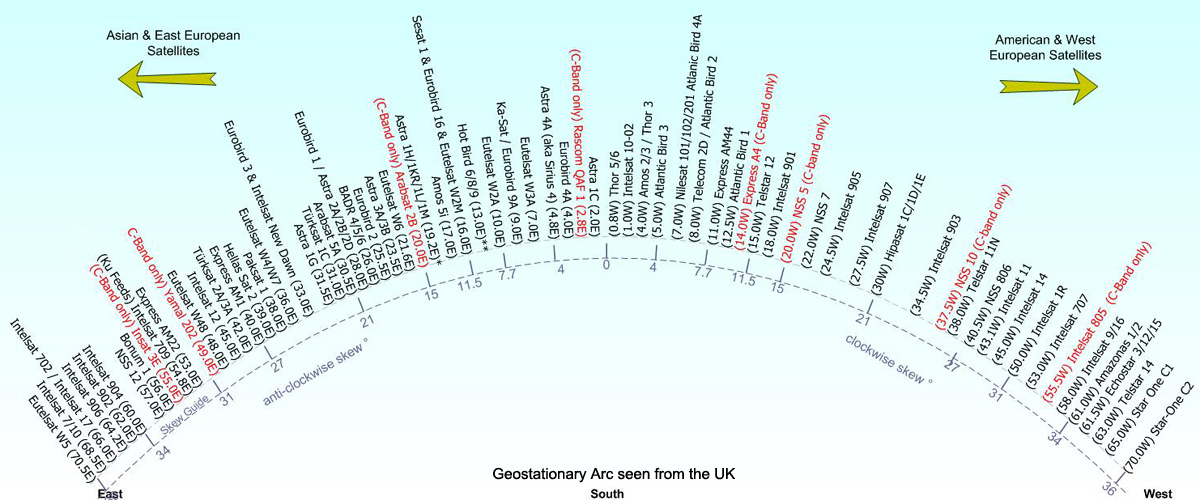Tuesday 17 June, 2014, 15:21 - Satellites
Posted by Administrator
Posted by Administrator
 There is growing evidence to suggest that Google is planning to enter space by launching satellites of its own. Two seperate pieces of news point in this direction. Firstly, Google has announced plans to purchase Skybox. Skybox operates low-earth orbit satellites whose purpose is to take high resolution images, of exactly the kind that are used by Google maps. Following the recent lifting of US government restrictions on the use of images with better than 50 cm resolution, the move by Google to own its own earth imaging satellites makes complete sense.
There is growing evidence to suggest that Google is planning to enter space by launching satellites of its own. Two seperate pieces of news point in this direction. Firstly, Google has announced plans to purchase Skybox. Skybox operates low-earth orbit satellites whose purpose is to take high resolution images, of exactly the kind that are used by Google maps. Following the recent lifting of US government restrictions on the use of images with better than 50 cm resolution, the move by Google to own its own earth imaging satellites makes complete sense.Secondly, there is talk of Google becoming involved in the delivery of broadband via satellite through a network called WorldVu. WorldVu, if it goes ahead as described, suffers from many of the same problems that O3B will, but has a lot more to deal with due to its use of Ku-Band as opposed to O3B's use of Ka-Band.
Why is the use of Ku-Band more complex? Ku-Band is already very heavily used for satellite broadcasting, as well as for a number of satellite broadband networks (e.g. networks such as Dish in the USA). As it is proposed that the WorldVu network will be non-geostationary (e.g. the satellites will move around in the sky as seen from the Earth), the downlinks will have to be switched off when the satellites are in a position that could cause interference to existing geostationary satellite services (which will generally be when the WorldVu satellites are over the equator, and whilst a few degrees either side of it). This is made worse because any uplink that could cause interference also needs to be switched-off as well if it is pointing at the geostationary arc. The same is true of O3B, but the more dense packing of Ku-Band satellites will make the situation far more complex.
For example, there are over 60 Ku-band satellites visible in the sky in the UK. As the arc as viewed from the UK is 70 degrees from end-to-end, this means there is approximately one satellite every degree.

Source: satellites.co.uk
All of this switching on and off every time a satellite is over the equator (and, of course, when a satellite disappears beyond the horizon), and the requisite requirement to connect to a different satellite at those times to maintain a connection is both complex and also creates the environment for tremendous problems with 'dropped calls', if handover between satellites fails for any reason. Similarly, this switching will cause severe jitter (changes in timing) which in itself can cause problems for some internet applications (e.g. streaming).
Finally, and probably the weirdest issue with WorldVu, is the antennas that are planned to be deployed for user ground stations. It is suggested that Google plan to use antennas based on meta-materials. O3B have also, apparently, signed a deal to work on the development of meta-material based antennas. But at present such antennas have been proven only at Ka-Band (and then only in a developmental and not commercial form), and not at the Ku-Band proposed by Google. Even if they could be made to work at Ku-Band, there would be a loss in efficiency making transmission from Earth to space next to impossible and the fact that the antennas can only be steered around +/- 45 degrees will mean that some satellites, even when in view, will not be able to be connected to.
There is a suggestion that Google's purchase of Skybox will provide a potential platform for an early launch of the WorldVu space segment. One the one hand it makes some sense. If you are launching one satellite, why not make it multi-purpose. Though it would increase the size and weight of the satellite, and the launch cost too, having the cameras directly connected to the Internet might make sense. Then again, eyes in the sky connected to the Internet is eerily similar to the world-changing paradigm that is posited in Arthur C. Clarke's book, The Light Of Other Days. Big Brother will definitely be able to watch you, as will your neighbour, your partner, the government, and anyone else with voyeuristic tendencies who wants to. Who's zoomin (in on) you?
add comment
( 616 views )
| permalink
| 



 ( 2.9 / 1898 )
( 2.9 / 1898 )




 ( 2.9 / 1898 )
( 2.9 / 1898 )

